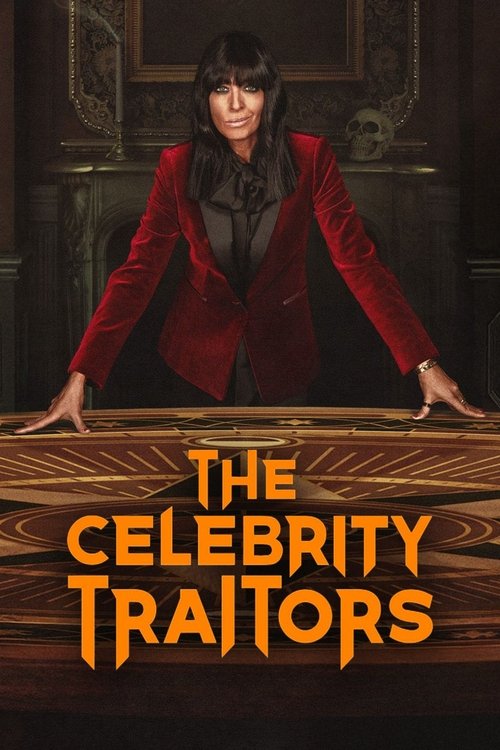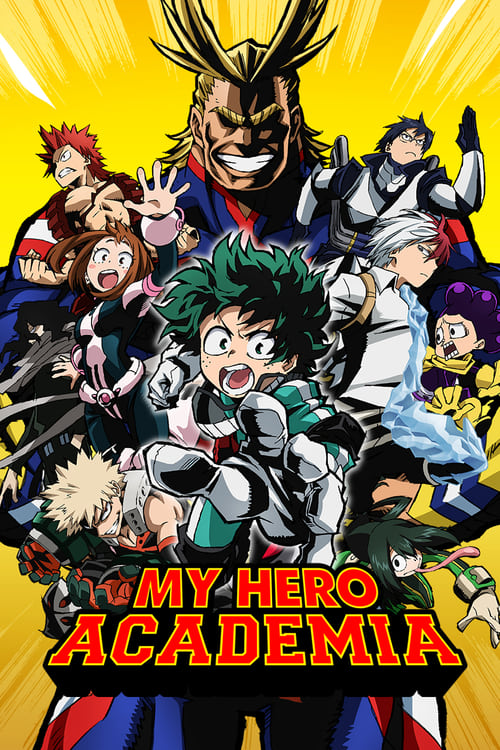
Ask Your Own Question
What is the plot?
Sorry, we aren't able to watch and write up a full detailed plot yet. Check back in a few days.
What is the ending?
At the end of Genius Game Season 1, Episode 2, the ten remaining players face a tense conclusion where the two designated "zombies" have successfully infected some players, creating a complex web of alliances and betrayals. The episode closes with a dramatic elimination after a Death Match, leaving the group further fractured and the stakes higher for the next round.
The episode begins with the ten remaining contestants returning to the arena, each aware that two among them have been secretly assigned the role of "zombies." These zombies' mission is to "infect" other players, turning them into allies in a covert way. The atmosphere is charged with suspicion as players try to identify who the zombies are while simultaneously forming alliances to protect themselves.
As the game progresses, the zombies begin their infection strategy, targeting key players to expand their influence. Meanwhile, some of the previously successful contestants find themselves under scrutiny and become targets for elimination due to their perceived threat level. The tension escalates as players navigate the dual challenges of the main game and the hidden infection dynamic.
The climax of the episode arrives with the Death Match, a high-stakes showdown where the losing player from the main game must choose an opponent to face off against. This confrontation is intense and strategic, with both players fighting to stay in the competition. Ultimately, one player is eliminated, their fate sealed by the outcome of this duel.
The episode ends with the remaining players left to contemplate the shifting alliances and the growing power of the zombies within the group. Each contestant's fate is now more uncertain, setting the stage for further intrigue and competition in the episodes to come.
Regarding the main characters involved at the end:
- The two zombies have successfully expanded their influence but remain hidden, continuing their covert mission.
- The eliminated player from the Death Match exits the game, their journey concluded.
- The other players are left wary and recalibrating their strategies in response to the evolving threats.
David Tennant, as the host, guides the players through these developments, emphasizing the intellectual and social complexity of the game.
Is there a post-credit scene?
For Genius Game, Season 1, Episode 2 (2025), there is no specific information indicating the presence of a post-credit scene in this episode. The available detailed recaps and analyses of Episode 2 do not mention any post-credit content or scenes following the episode's conclusion.
However, it is noted that the final episode of the series (Episode 8) does feature a post-credit scene where David Tennant appears after the end credits, switching out the lights in the studio and saying, "Game's over... for now." This post-credit scene is unique to the finale and is not reported for earlier episodes such as Episode 2.
Therefore, Episode 2 does not have a post-credit scene based on the current available information.
Who are the main players involved in the key alliances and conflicts in Genius Game Season 1 Episode 2?
The main players involved in key alliances and conflicts in Episode 2 include Scott, Bodalia, Ken, Charlotte, Monty, Allison, Ben, and Amani. Scott's group includes Charlotte, who is revealed to be a zombie, while Monty and Allison try to figure things out independently before joining another group. Amani is notable for his strategic lying and manipulation, which causes tension and mistrust among players.
What critical mistake leads to the turning point in the game during Episode 2?
The critical mistake occurs when Amani tricks Allison by lying directly to her, undermining trust. This deception leads to a breakdown in cooperation between the groups. The episode ends round one with seven humans and three zombies, and the mistake by Amani's side causes their eventual loss, as the other players do not believe Allison and trust Amani too much.
How does Amani's strategy and behavior impact the dynamics of the game in Episode 2?
Amani is a strong proponent of lying as a game strategy and uses direct eye contact and confident deception to manipulate others, especially Allison. While his ability to lie and strategize is impressive and entertaining, it ultimately alienates other players and does not help him win. His actions create tension and mistrust, which affect alliances and gameplay dynamics negatively for his side.
What role does Charlotte play in the episode's plot and how is her identity significant?
Charlotte is part of Scott's group and is revealed to be a zombie. Her identity as a zombie is significant because if the other players had quickly identified her as such, they could have formed a stronger alliance and potentially achieved a joint win with eight players. However, this recognition does not happen in time, affecting the outcome of the game.
What interpersonal tensions or fractures begin to emerge among the players in Episode 2?
Tensions begin to emerge particularly around Beex, who is part of a 'bubble' alliance and has a win in the main match but starts to fracture relationships by trying to maintain good relations with the male players, which causes feelings of betrayal in others. Additionally, Amani's manipulative behavior causes mistrust and frustration among players, contributing to the social strain within the game.
Is this family friendly?
The TV show Genius Game, Season 1, Episode 2 (2025), is a reality competition focused on intellect, strategy, and social manipulation among adult contestants. It is generally suitable for a broad audience but is not specifically designed as a children's or family show.
Potentially objectionable or upsetting aspects for children or sensitive viewers include:
- Competitive social manipulation and deception: Contestants use strategic alliances, betrayals, and psychological tactics to outwit each other, which may involve tense interpersonal conflict and emotional stress.
- Elimination challenges ("Death Matches"): Players face high-stakes elimination rounds that can create suspenseful and intense moments.
- Mature themes of competition and rivalry: The show involves complex social dynamics and strategic gameplay that might be confusing or unsettling for younger children.
- No explicit violence or adult content has been noted, but the psychological intensity and competitive pressure could be sensitive for some viewers.
Overall, Genius Game is best suited for teenagers and adults interested in strategic reality TV rather than young children or those sensitive to competitive tension and social conflict.





















